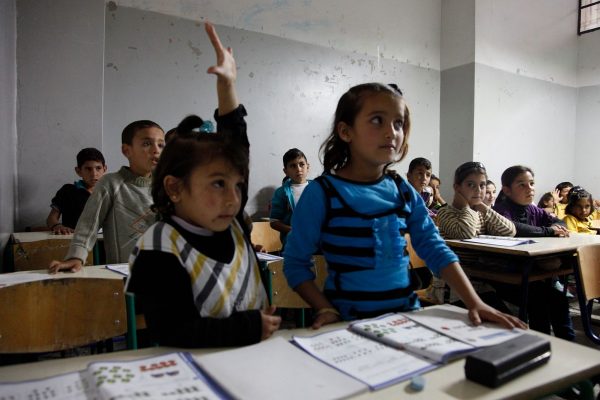
Today, the average length a refugee spends in a foreign country is between 10 and 25 years, which is three times longer than it was 30 years ago. Historically, refugees sought temporary residence in a foreign country until it was safe to return. But because violent conflicts are lasting much longer, refugees often never return home. Thus, host countries must decide what the future looks like for refugees. Countries view education as an agent of socialization — creating ideal citizens and incorporating children into the nation’s fabric — which makes access to education a key factor in how a country will seek to integrate refugees.
Countries like Malaysia and Bangladesh do not officially resettle refugees, so they assume refugees will leave the country and not become integrated into their societies. As a result, refugees attend their own schools. In countries like Uganda and Pakistan where the refugee population has become urbanized instead of living in isolated refugee camps, refugees are incorporated into the existing school systems due to convenience. While these countries recognize the prolonged exile of refugees, these countries believe that refugees’ long term futures would eventually be outside of the host country. Lastly, in host countries like Chad, refugees are integrated into schools because it is assumed that refugees will integrate into their society. This model of inclusion is driven by a lack of predictable external funding, and thus, national actors integrate refugees into schools to mitigate some of the volatility of international funding.
Despite these national differences, at the school level nearly all schools struggled over whether and how refugee education was to enable belonging. The inclusion of refugees into their host country’s national education systems is merely inclusion into a low quality education system. Thus, the authors find that just because refugees have been able to access education through these different systems, education does not promote a route to belonging, nor does it guarantee a quality education or better future.

Comments